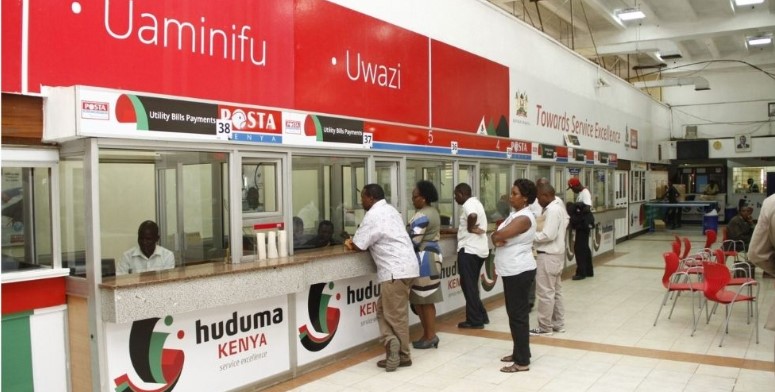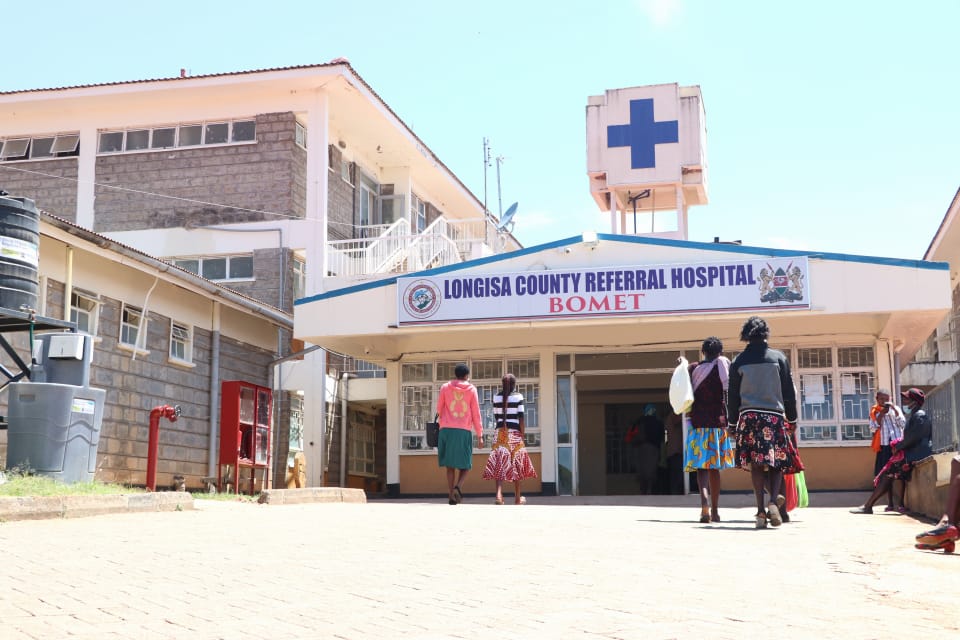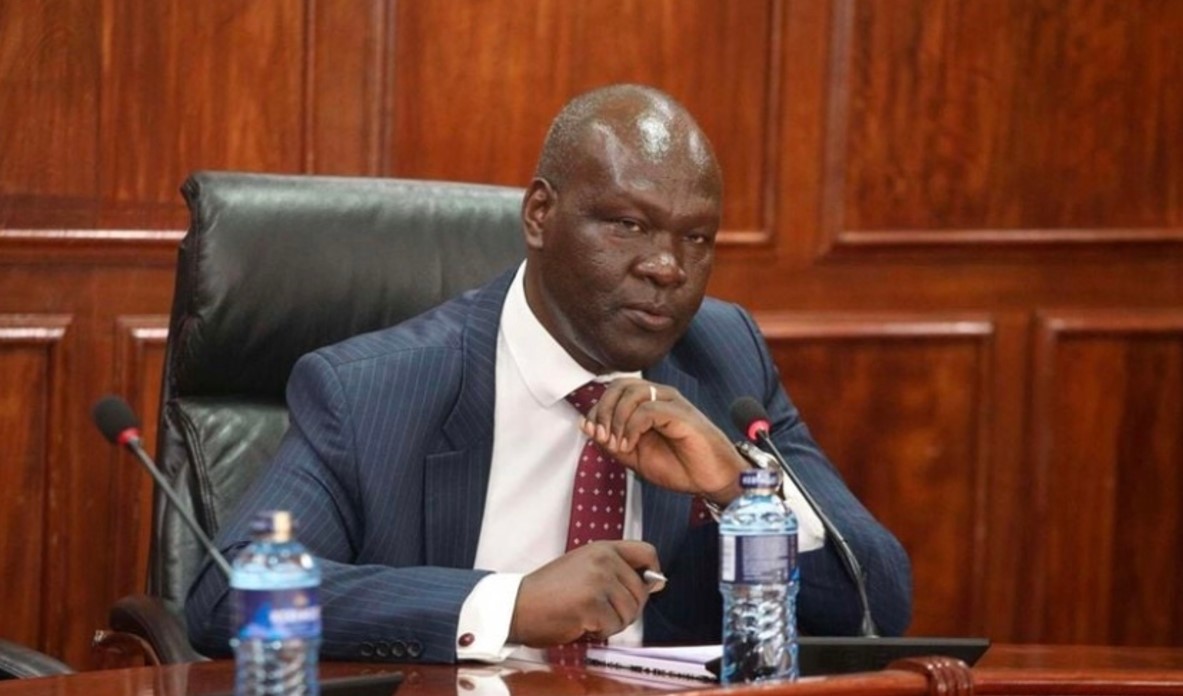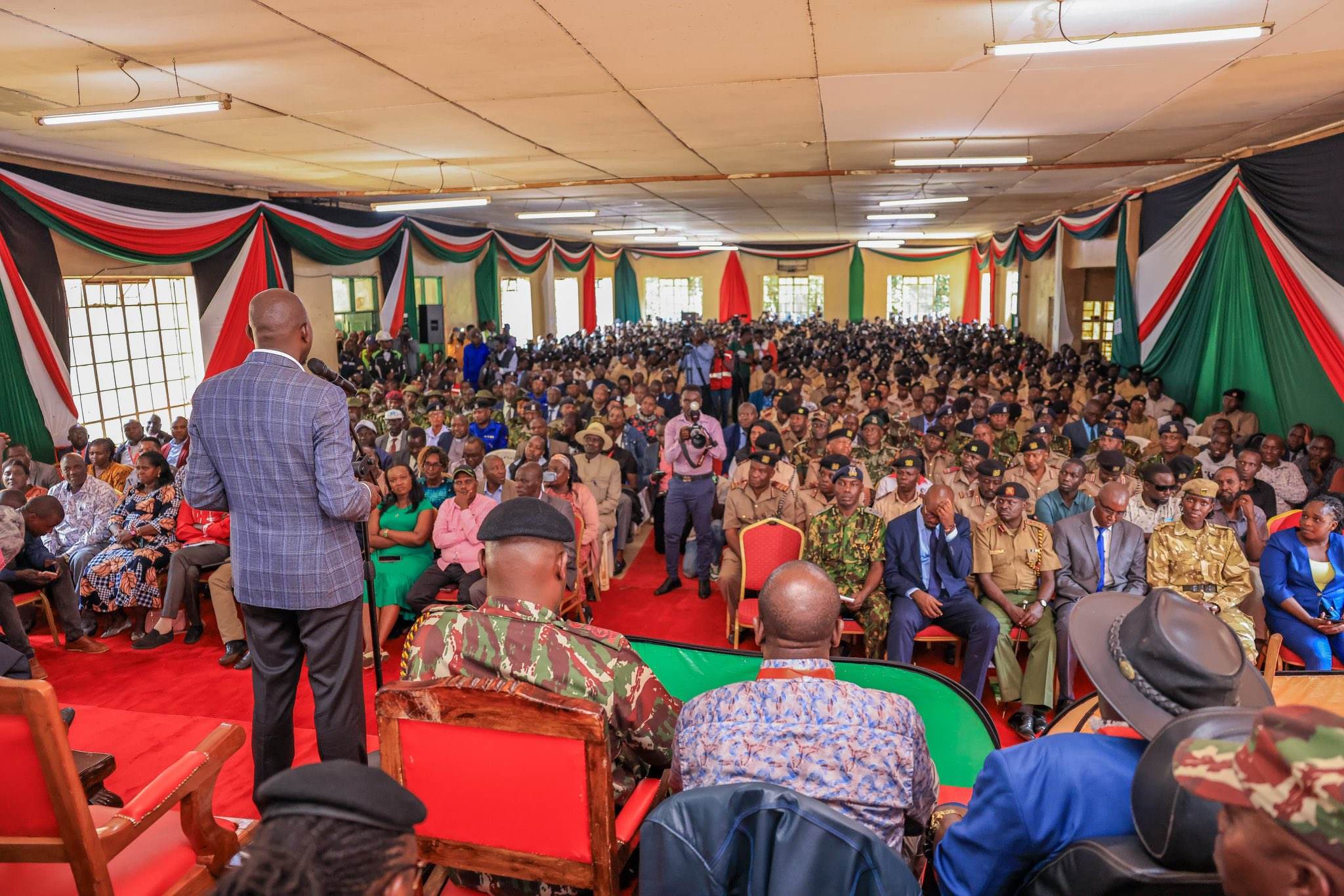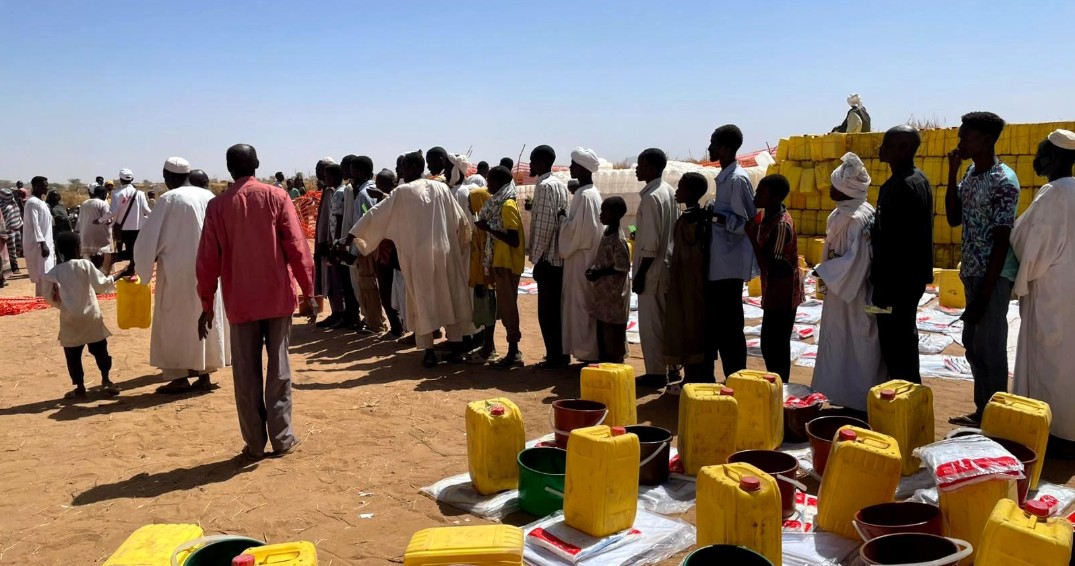Kenya Railways suspends commuter train services over heavy rains

In an alert, the Kenya Meteorological Department (Met) said the rains will continue over the next seven days in various parts of the country.
The Kenya Railways Corporation (KRC) has suspended the Nairobi Commuter Rail service due to the heavy rains pounding the city.
The suspension only affects the Nairobi Commuter Rail service operating between the Nairobi Central Station and Kitengela, Limuru, Embakasi Village, Kahawa West, Syokimau, and Ruiru.
More To Read
- Two Chinese firms cleared to develop Nairobi-Nakuru-Mau Summit Highway plans
- Kenya wins Sh258.5 billion railway dispute in London court
- 529 Kenya Railways plots grabbed, Sh27 million lost in yearly rent - Auditor General
- KeNHA schedules four-month closure on part of Thika–Garissa road for bridge rehabilitation
- KeNHA to expand Kiambu Road into four-lane dual carriageway under China-funded project
- KeNHA Director General Eng Kungu Ndungu resigns, Eng Luka Kimeli appointed acting DG
In a notice on Wednesday, the KRC said rail lines had been affected, compelling it to take "precautionary measures because the safety of our customers is always of paramount importance to us".
"We sincerely apologise for any inconvenience caused,” the notice stated, adding that an announcement would be made upon the resumption of services.
The heavy rains in Nairobi have come with death, displacement, property damage, transport chaos and losses to farmers and many other people.
On Wednesday morning, several roads, including sections of the Thika Superhighway, were rendered impassable due to flooding, resulting in traffic disruptions.
The Kenya National Highways Authority (KeNHA) urged motorists to be cautious while people living in flood-prone areas have repeatedly been asked to move to safer locations.
“At the Juja underpass, the traffic snarl-up begins at Juja Mall, both on the highway and the service lane. Motorists are advised to use the service lane at Exit 14 and 15 until the water subsides," the authority said earlier.
"On the Githurai Car Wash service lane, Thika-bound, the section is now passable. At Kahawa Sukari Engen towards Kenyatta University main highway, Thika-bound, the section is now passable."
The public was also warned of severe traffic disruption on the Oltepesi-Magadi Road, which became unusable due to floods.
“Motorists are urged to either avoid this route altogether or exercise extreme caution if travel is unavoidable,” KenNHA said.
Last week, the government sounded an alarm following the overflowing and spillage of water from the Seven Forks Dams—Masinga, Kamburu, Gitaru, Kindaruma and Kiambere—into adjacent areas.
"Masinga Dam, which is the first, largest and most consequential of these dams, is already spilling through the managed structural spillways," Interior Cabinet Secretary Kithure Kindiki said.
Kinidki noted that if the rains continue in the Tana River and River Thiba catchment areas, the overflow will head downstream, resulting in substantial flooding in Garissa, the Tana Delta, and Lamu.
In the North Rift region, more than 400 families have been displaced and several hectares of food crops have been damaged or submerged.
In an alert, the Kenya Meteorological Department (Met) said the rains will continue over the next seven days in various parts of the country.
“Flooding is expected in low-lying areas, those in flood plains, as well as urban areas with poor drainage,” Met Director David Gikungu said, adding that landslides may occur on steep slopes where soils become saturated.
Gikung urged road users to be extra-cautious because visibility reduces in the event of heavy rainfall.
Top Stories Today




